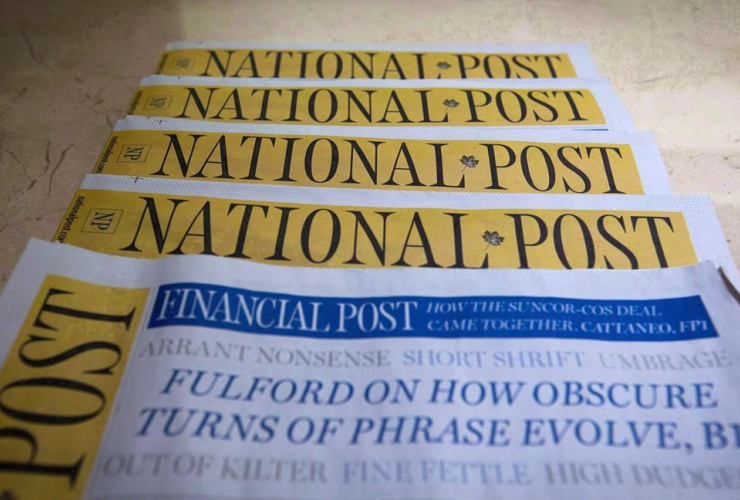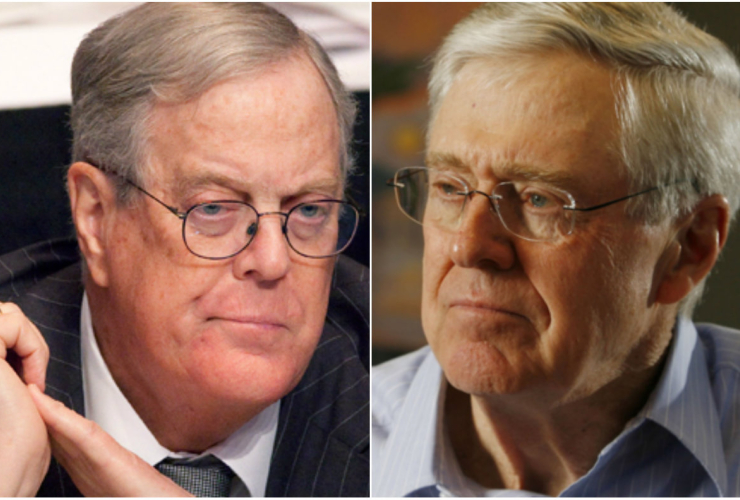This week, David and Charles Koch laid out $650 million as part of the $2.8 billion cost of purchasing the venerable American news company, Time, Inc.. Koch Equity Development's money allowed Meredith, a Des Moines, Iowa-based publisher of magazines including Better Homes and Gardens to gain control of Time, Inc., which publishes Time Magazine.
But Meredith spokesman Art Slusark told National Observer there is no reason to be alarmed about the billionaires influencing the editorial direction of the publications. The Kochs will "not be a member of the board of directors," he said in an interview on Wednesday.
"No one from Meredith has ever met with, spoken to or communicated with the Koch brothers in any fashion. Consistent with its past practices, KED will be a silent and passive investor. In fact, one of the key reasons Meredith selected KED to be part of the financing is because of its track record and commitment as a hands-off investor. This was very different from some of the other PE (private equity) companies we negotiated with, who were requiring Board representation or observer rights," Slusark said.
Slusark noted an exception to the above.
If for some reason Meredith failed to pay the dividends valuation to KED, then KED would be entitled to have observer rights, which would allow them to observe and take part in meetings, while not having a vote.
"But we don't see how that would happen in the future," he said. "That's not our intention."
Meredith owns a significant broadcasting network and that it's one of the reasons why the company is "confident" it can continue to pay dividends without KED having observer rights, he said.
The Kochs aren't the only business moguls who have purchased major media companies in recent years. Amazon founder Jeff Bezos bought The Washington Post four years ago, for example, and Sheldon Adelson purchased the Las Vegas Review-Journal in 2016. America's second-richest man, Warren Buffett, acquired most of Media General's newspapers in 2012.
Still, journalism professor Harriet Brown was alarmed when the libertarian oil billionaires made their move on Time.
Brown, who teaches magazine journalism at Syracuse University, acknowledged that billionaires buying media is not inherently negative. But she said media concentration was detrimental to a healthy democracy, and that the Koch family's long track record of influencing politics gives cause for concern.
"It’s certainly possible for billionaire owners to be positive," she said. "But Bezos was not known before the sale (of The Washington Post) as someone with a strong political agenda to push. He certainly skews more liberal than conservative but he hasn’t made it his life’s mission to push a liberal agenda."
"The Koch brothers have made it their priority to do that with a conservative agenda, and that’s the danger."
Every person writing for Time
Every person writing for Time will know what stories or reports will not be welcome by the Koch brothers. We can all be confident that this will have a chilling effect. To suggest otherwise is disingenuous.








Comments